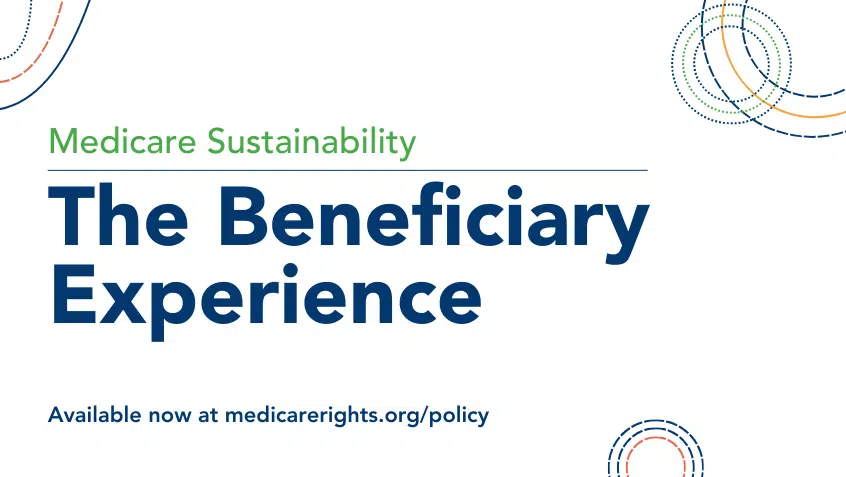Join Us Live for a Discussion on Medicare, Democracy, and the Future of Health Care
Millions of People with Medicare Benefit from Preventive Services at No Cost

The Affordable Care Act (ACA) significantly expanded access to preventive care. It not only required most insurers to cover these services without cost-sharing but also made such coverage more widely available, including through the expansion of Medicaid and the Health Insurance Marketplaces.
The Office of the Assistant Secretary for Planning and Evaluation (ASPE) within the U.S. Department of Health and Human Services (HHS) recently released a new report summarizing these policies and examining their impact.
Currently, more than 150 million people with private insurance, as well as approximately 20 million Medicaid adult expansion enrollees and 61 million Medicare beneficiaries, can obtain critical preventive services without cost-sharing due to the ACA. According to the report, this has led to increased cancer screenings, vaccinations, and Medicare annual wellness visits, as well as the earlier detection and treatment of chronic health conditions like hypertension and diabetes.
ASPE notes these higher utilization rates may have beneficial long-term outcomes for individuals and Medicare. In particular, the authors note “[i]nvestments in prevention in the early and middle decades of life…may also help people enter the Medicare program at age 65 in better health.”
ACA Changes to Medicare Preventive Services
Since the passage of the ACA, Medicare must cover certain preventive services at no cost to beneficiaries. These services must be recommended by an independent evidence-review panel called the U.S. Preventive Services Task Force (USPSTF) with a Grade “A” or “B,” and the HHS Secretary must find them to be “reasonable and necessary for the prevention or early detection of an illness or disability, and appropriate for individuals entitled to the program’s Part A benefits or who are enrolled in Part B.”
Medicare coverage for preventive and screening services includes a “welcome to Medicare” physical exam during the first year of enrollment in Part B and an annual visit and prevention plan thereafter; screenings for certain types of cancers; and screenings for conditions such as depression, alcohol misuse, heart disease, glaucoma, and osteoporosis. Part B also covers four vaccinations without cost-sharing: COVID-19, influenza, hepatitis B, and pneumococcus.
As ASPE’s impact analysis confirms, “millions of individuals have benefitted from increased access to care and coverage of clinical preventive services without cost-sharing” ushered in by the ACA. Medicare Rights supports building on these successes by expanding beneficiary access to additional services.
For example, Parts A and B do not currently cover many clinically-recommended vaccines, including those that protect against shingles, tetanus, diphtheria, and pertussis. While Part D plans generally do offer this coverage, it often comes with cost-sharing, which can be a barrier to access. Notably, the currently stalled Build Back Better (BBB) budget reconciliation bill would address this by requiring Part D coverage of these vaccinations at no cost to enrollees.
We urge policymakers to prioritize people with Medicare by adopting these and other commonsense policy changes, and by continuing to gather data on these critical services. We agree with the report’s conclusion that “[o]ngoing research can help monitor the impact of the ACA on access to care, use of preventive services, health disparities, and long-term health outcomes.”
Read the ASPE report, Access to Preventive Services without Cost-Sharing: Evidence from the Affordable Care Act.
Read more about Medicare coverage of preventive services from Medicare Interactive.
Show Comments
We welcome thoughtful, respectful discussion on our website. To maintain a safe and constructive environment, comments that include profanity or violent, threatening language will be hidden. We may ban commentors who repeatedly cross these guidelines.
Help Us Protect & Strengthen Medicare.
Donate today and make a lasting impact.
The Latest
Most Read
Add Medicare to Your Inbox
Sign up to receive Medicare news, policy developments, and other useful updates from the Medicare Rights.
View this profile on InstagramMedicare Rights Center (@medicarerights) • Instagram photos and videos









